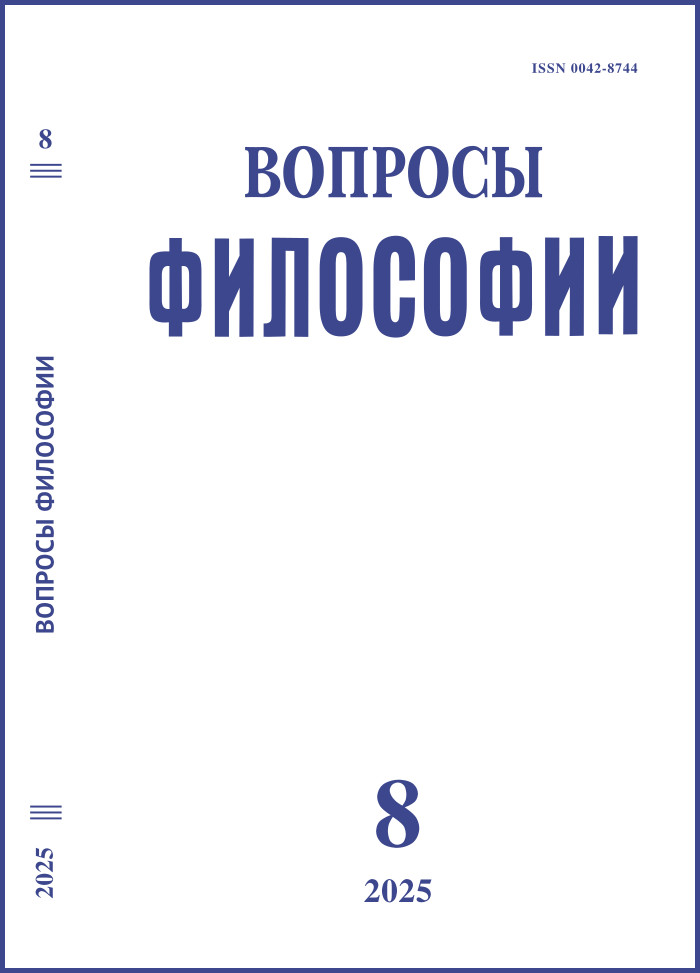The Evil’s Concept in the Social and Political Philosophy of William of Ockham
DOI:
https://doi.org/10.21146/0042-8744-2025-8-122-133Keywords:
Melanchthon, Preceptor, Luther, Erasmus, philosophy, theology, grace, reason, science, religionAbstract
This article focuses on the English Franciscan philosopher William of Ockham (1285/1287–1347), whose teachings reveal an understanding of free will as the foundation of individuality, which he sees as central to the struggle for civil and political rights. Through his analysis, the author identifies the principles underlying Ockham’s conceptualization of evil as a product of comprehending of Being as an identifier of the frightening world of the Other. Ockham’s insights are perceived as an independent social and philosophical phenomenon that encompasses a broad spectrum of forward-thinking propositions. Despite recognizing the metaphysical dynamic equilibrium between two seemingly mutually exclusive pillars of the universal logos – good and evil – Ockham’s primary focus was on exposing the dominance of socio-political evil and advocating active resistance against it.

